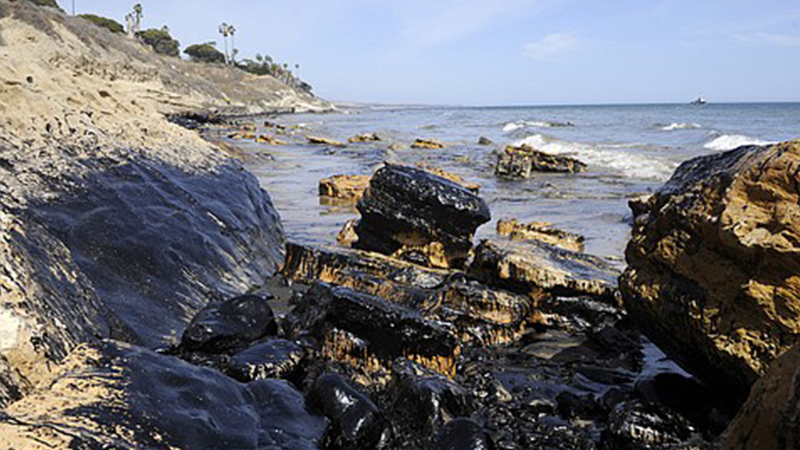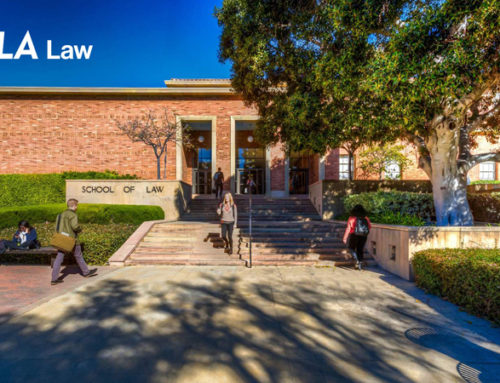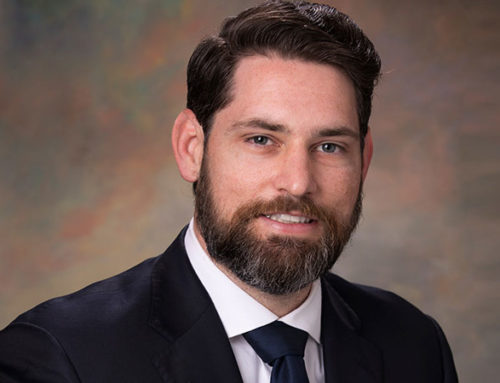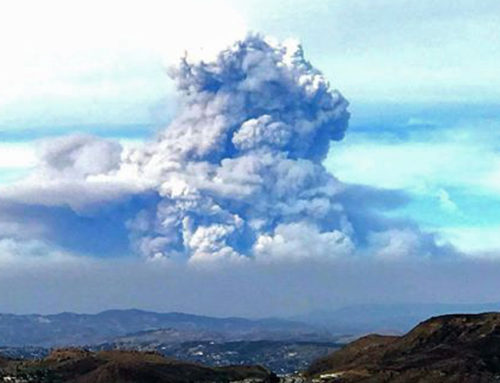Santa Barbara, Calif. (May 9, 2016)—Property owners that have easement agreements allowing Plains All American to run its oil pipelines on their property have filed a class action lawsuit against the company. The lawsuit is seeking a preliminary and permanent injunction ordering Plains to repair and improve its corroded pipelines in Santa Barbara County so they operate within the parameters of all applicable safety standards. It is also demanding that the property owners be compensated for additional easement access by Plains that will be necessary for future repairs and maintenance. (Central District of Calif., Case No. 2:16-cv-03157, filed May 6, 2016)
According to the complaint, the May 2015 rupture of Plains’ Line 901 and the resulting 140,000-gallon oil spill onto private and public property and into the ocean along the Santa Barbara County coastline “exposed the dangerous condition of the entire pipeline running through plaintiffs’ properties. It also exposed defendants’ systemic failure to properly monitor and maintain the pipeline.”
Plains’ predecessor, Celeron Pipeline Company of California, drafted easement contracts (or Right-Of-Way Grants) for each of the properties through which the pipeline now travels—hundreds of miles through Santa Barbara County to Kern County.
“It was quickly apparent once the 2015 oil spill occurred, that the size of the easement for pipeline installation, maintenance, repair and replacement was not large enough to handle the machinery, workers and staging area needed to accomplish the restoration work,” says A. Barry Cappello, managing partner of Cappello & Noël, one of the law firms representing class members. “These facts were uncovered when Plains tried to access private property to repair the pipeline breach. Much more land was needed besides what was allowed in the easement contract.”
The lawsuit is demanding that Plains pay the plaintiffs for additional easement access necessary to work on the pipeline and ensure that the pipeline is operated safely. “It turns out, the inadequate easement is virtually identical to all other easements along Line 901, the pipeline that ruptured, and Line 903, which connects to Line 901. Line 903 was found to have the same corrosion characteristics consistent with the failure point of Line 901,” says Cappello. “Plains will need access to all the affected private properties to dig up and fix the corroded, unusable pipelines.”
Cappello & Noël, Lieff Cabraser and Keller Rohrback are the law firms representing the class members. They are also representing the individual property owners where Line 901 ruptured including Grey Fox, Maz Properties, Bean Blossom and Winter Hawk. These plaintiffs are seeking compensation for economic losses they have incurred and will continue to incur because of the Plains oil spill.
“Before the oil spill, these properties and the natural environment surrounding their properties were pristine,” notes Cappello. “The properties’ values reflected their location and natural beauty. While Plains repaired the rupture and cleaned up the petroleum-based material from the surface and soils on and around the spill area, permanent and continuing contamination in the area is likely. The ability to use the properties has been severely impaired, and their marketability has vanished.
“Property owners expected Plains to properly maintain the pipelines and operate them safely. Plains didn’t uphold its commitment. It must now repair or restore hundreds of miles of pipeline and compensate property owners for this intrusion caused by its own negligence and breach of the easement agreement.”
For a copy of the complaint, click here.






